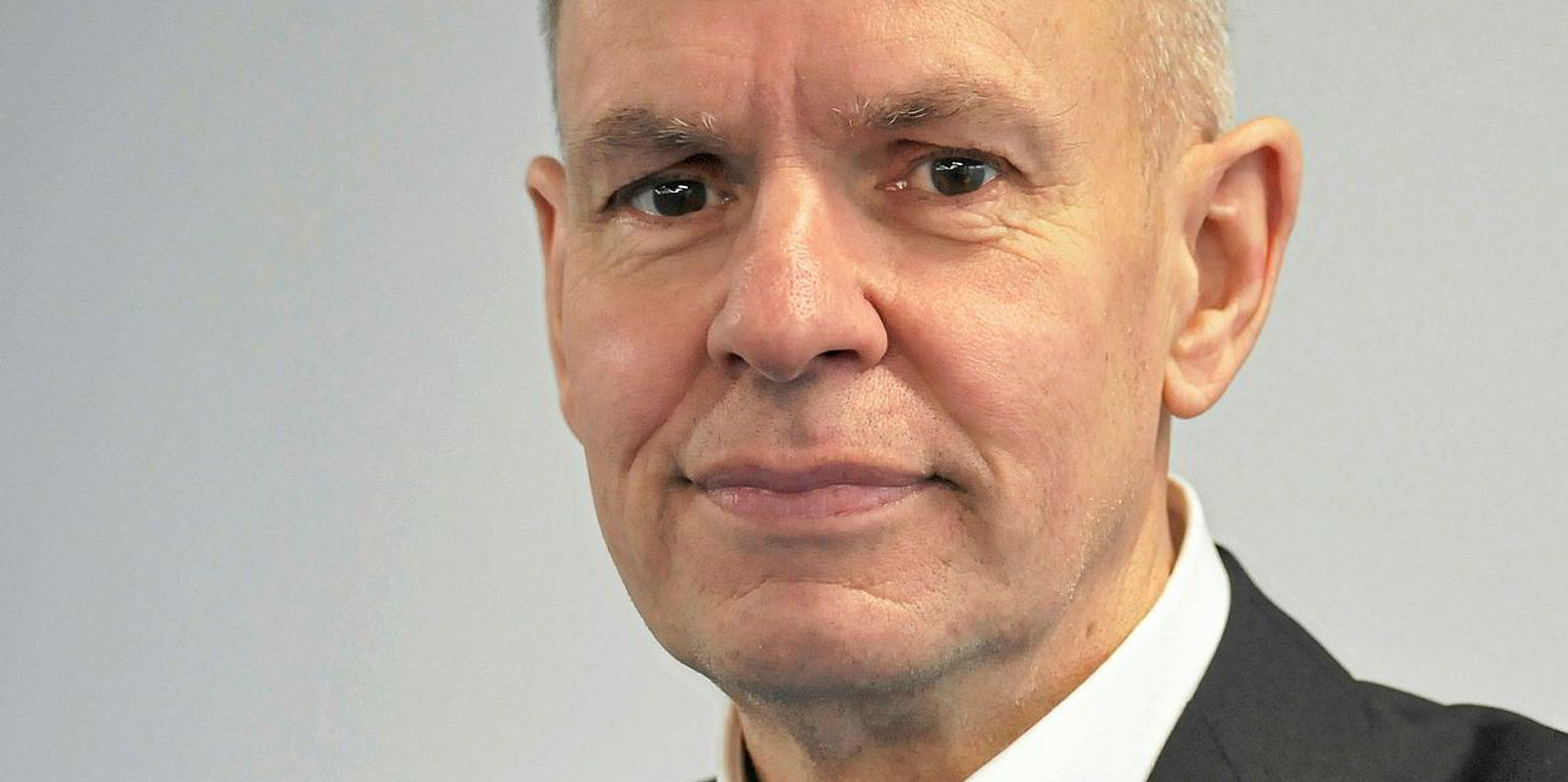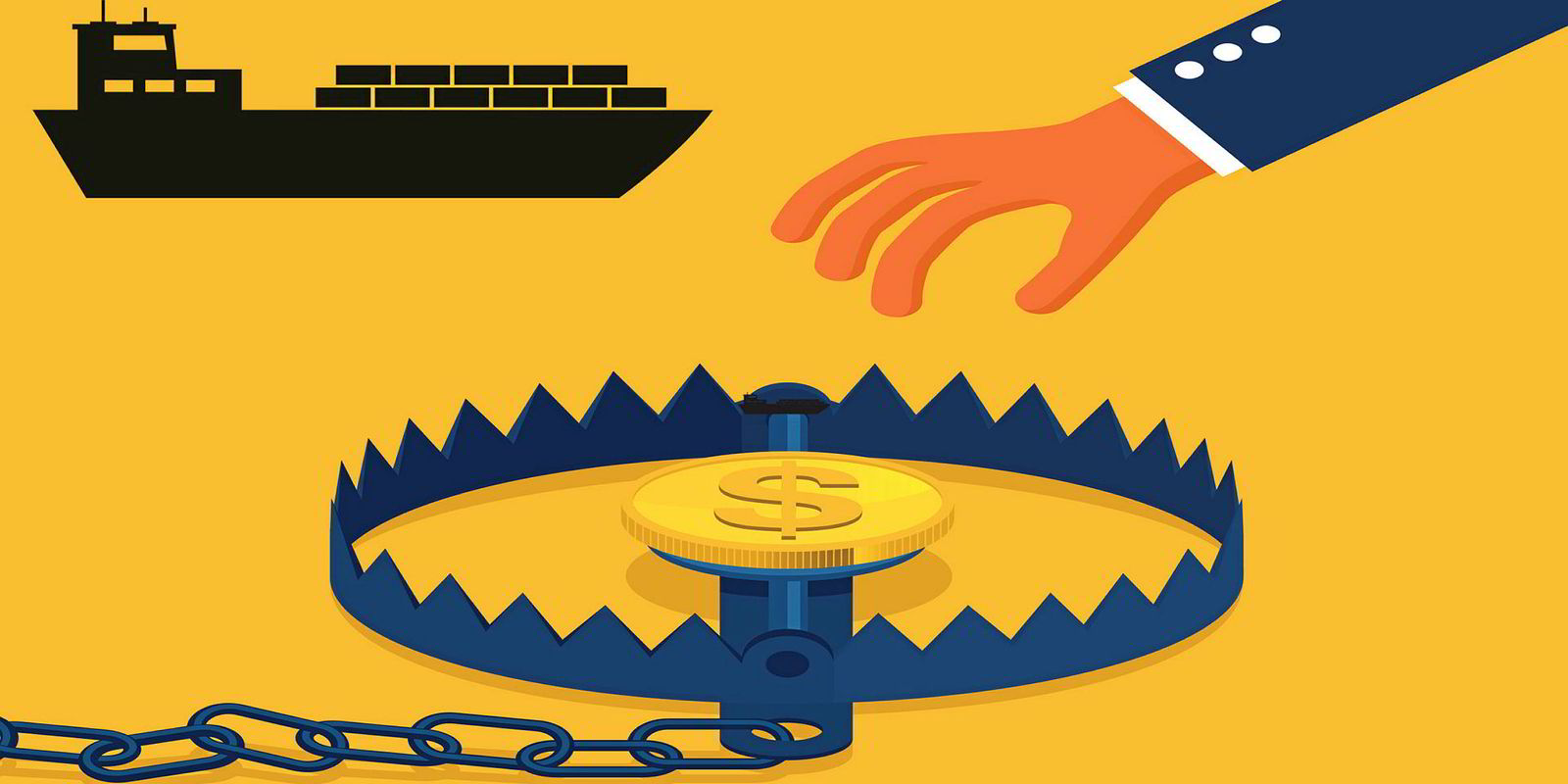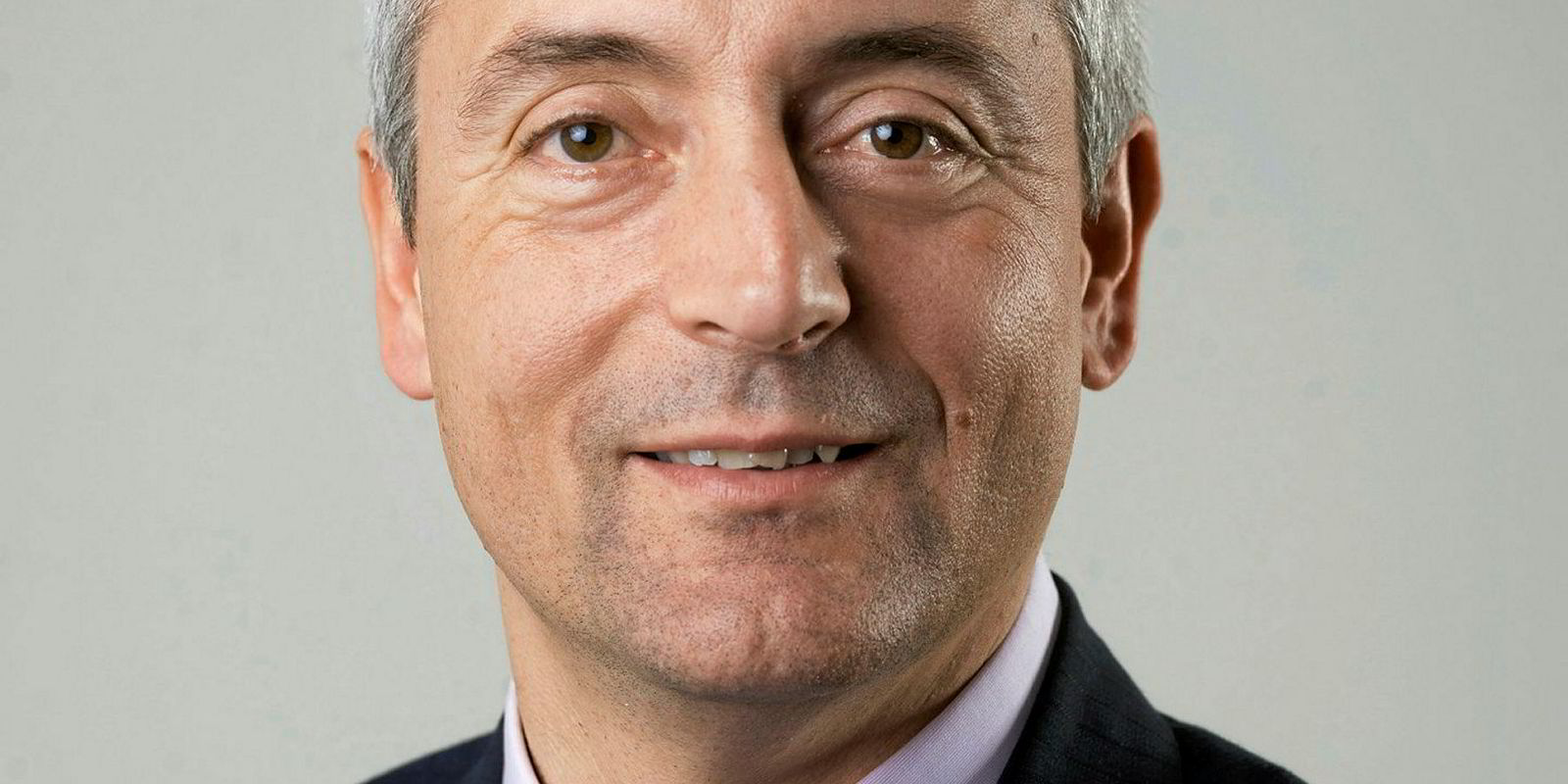The jailing of the former boss of a leading provider of floating oil production systems has put corruption back in the maritime spotlight. Anthony Mace, a past chief executive of SBM Offshore, was given three years in a US penitentiary for his involvement in bribery.
His associate, Robert Zubiate, former sales and marketing executive at the American arm of SBM, got 30 months. Mace was fined $150,000 and Zubiate $50,000 for their malign roles in Brazil, Angola and Equatorial Guinea.
SBM itself had earlier come to a $240m out-of-court settlement with the Dutch public prosecutor, the largest of its kind.
Unique? Of course you know it’s not. Two men, one Italian and one Nigerian, have just been jailed in Milan in another high-profile corruption case. They were acting as middlemen in a deal involving the $1.3bn takeover by Royal Dutch Shell and ENI of Nigeria’s OPL 245 offshore oilfield in 2011.
The former head of upstream at Shell, Malcolm Brinded, and former ENI chief executive Claudio Descalzi are among officials facing trial over the deal. They deny the charges.
Last December, Singapore’s Keppel Offshore & Marine was fined more than $400m to settle corruption charges in Brazil.
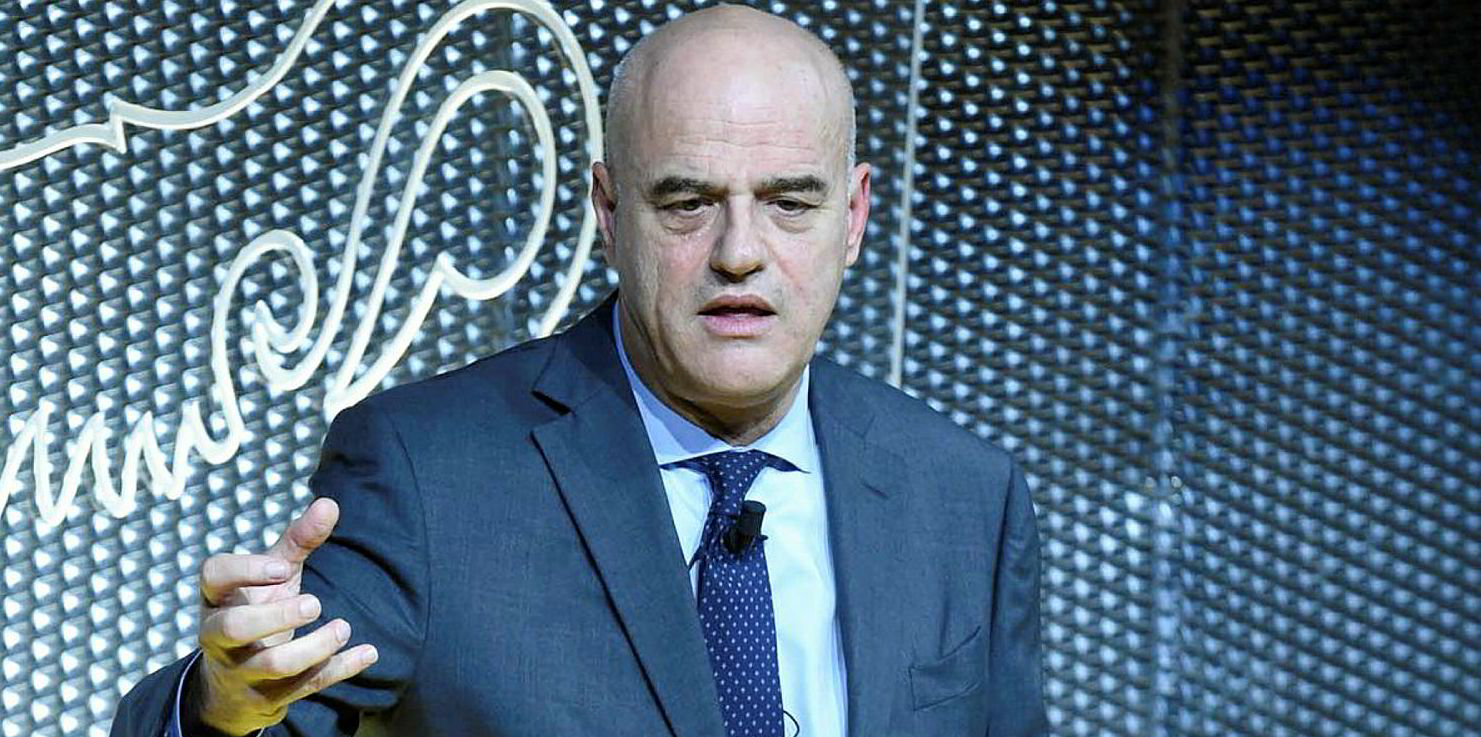
Vincent Bollore, the billionaire ports and former shipping investor, was temporarily held for questioning this year over bribery allegations arising from the award of container terminal contracts in Lome, Togo, and Conakry, Guinea. Bollore strongly protests his innocence.
Some of these cases involve countries with weak judicial and governance structures, restrictions on the media and, in several instances, a sudden influx of oil wealth.
But plenty of other examples of graft that will be well known to people in shipping don’t involve oil or poorer nations. Who has not seen cartons of cigarettes changing hands to massage the palm of a difficult port official, or heard about the use of a “magic pipe” to remove waste cheaply from a ship, never mind bungs to secure big contracts.
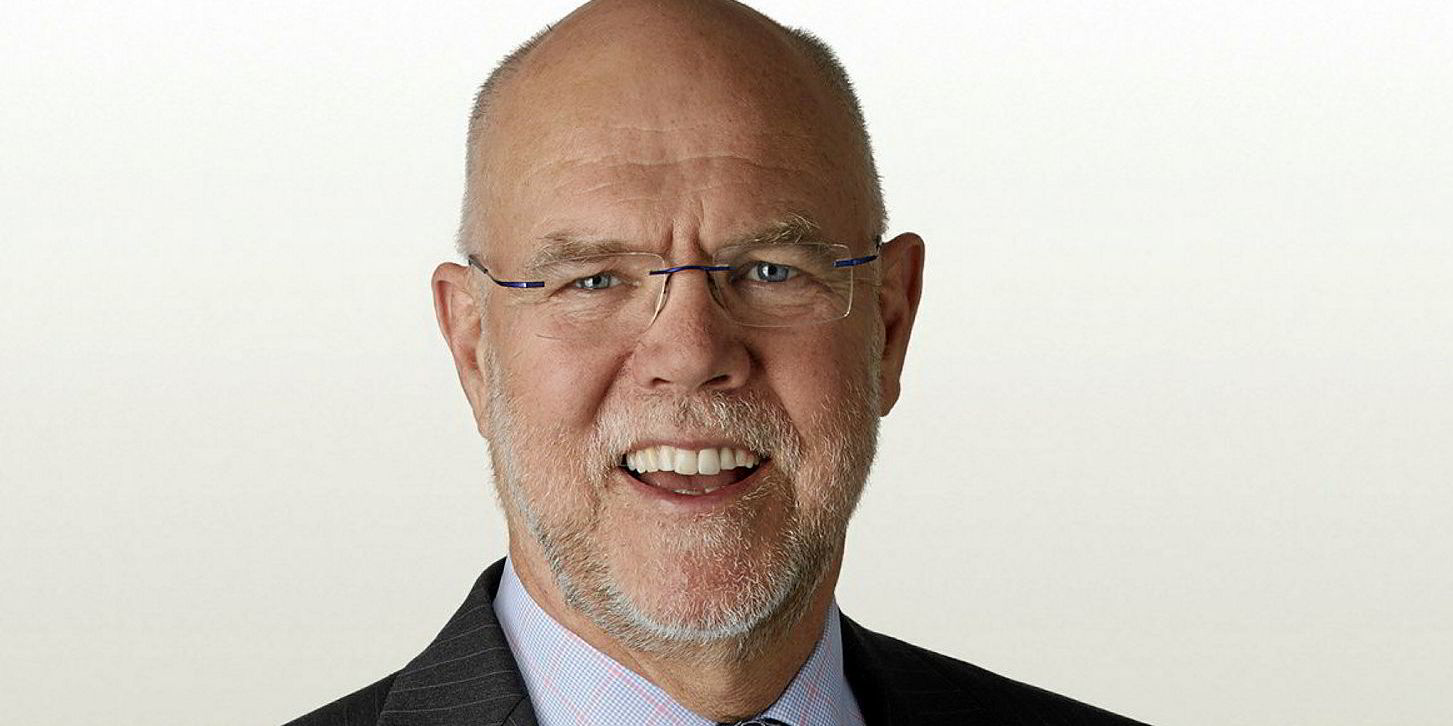
You will remember the comments made in TradeWinds’ magazine TW+ in February by retired British sea captain Michael Lloyd, who had worked on bulkers, boxships and offshore vessels for half a century. He said no one inside the industry really wanted to discuss the issue, and claimed corruption was pervasive at all levels.
It is clear that public tolerance of these kinds of bad practices, which ultimately raise the cost of trade, is falling. Corporate reputations can be damaged overnight and commercial credibility quickly tarnished.
A raft of financial scandals — from Enron to Lehman Brothers to manipulation by big banks of the benchmark Libor rate — have led to a tightening of international regulations around financial and commodity markets.
Initiatives closer to home include the programmes run by the Maritime Anti-Corruption Network. A new code of conduct is being drawn up at the Baltic Exchange to raise standards in the shipping markets.
Then there is the OECD Anti-Bribery Convention, which is meant to reduce bad behaviour inside member countries. Yet a report just published by anti-corruption organisation Transparency International finds OECD governments have quite different standards on corruption.

Only 11 of the world’s 44 biggest exporting nations conduct “active or moderate” enforcement against their companies bribing abroad, Transparency International claims.
The leading nations that do work hard include Germany, Italy, Norway and the US — and Brazil, now seemingly hot on the subject after the Car Wash scandal ended with a national president in jail.
Yet the world’s biggest exporter, China, along with India and Singapore remain outside of the OECD convention, although they are parties to the United Nations Convention against Corruption, for what that is worth.
Transparency International concludes that more than half of world exports potentially have no proper anti-corruption safeguards.
Many observers believe that without stronger government-backed commitments globally, the centuries-old corruption problems will remain.
The SBM jailings show the sheriff can catch up with you in the US, Italy and France, but some parts of the world still look like the Wild West.
